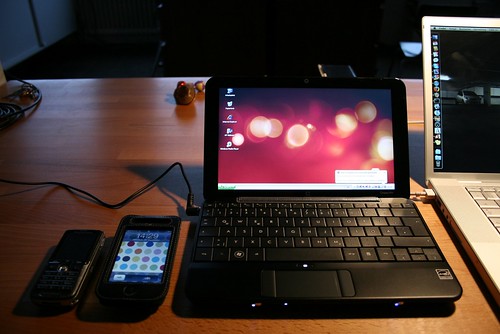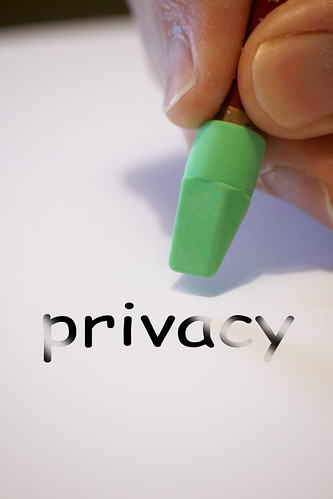
Do you use your Android to surf the web? How do you know whether your mobile browser is secure? A hacker can access the browser on your android and do just as much damage as someone who taps into your PC. When you go online, the thief can snatch your credit card numbers as you enter them into the browser to make a purchase.
Your Phone is as Important as Your PC
What information do you have in your phone? What do you do with your phone? A hacker can see the pictures that you have stored in your Android. This person can read the text messages that you send to people, and eavesdrop during your calls. I suspect that because many of us are pretty clueless when it comes to someone remotely accessing our phones. We might be aware of ssl on laptops, but we think that our phones are safe as long as they aren’t lost or lying around for a nosey significant other’s prying eyes. We are a little more relaxed when we use our cell phones. On our PC’s we know to install virus protection and a firewall, but we never really think about someone remotely accessing our cells unless they install a spy application of some sort. I’ll talk more about that later.
Remote Attacks
An article by Kate Murphy, Build Up Your Phone’s Defenses Against Hackers, published in the New York Times, states that during many remote attacks, you will receive a message asking your permission to reconfigure your phone. Don’t take the requested action. You will basically be giving a hacker permission to have a look into your private business or control it from afar.
You might also leave your phone open to attacks by unknowingly downloading an app with dangerous codes. Most people know not to use sketchy looking downloads from the net onto their PCs. When it comes to app, we kind of think that it’s a free for all. We see free apps and we go to town downloading everything that we can use or may use in the distant future. Use the same advice that you’d give a friend who wishes to download stuff from the net. Download your apps from reputable sites.
Dangerous App Downloads
Now, I’ll get to the juicy stuff. Be careful about leaving an unlocked phone around unattended. Your significant other can download a tracking app, which will tell him or her where you are. The person could also read your text messages. Not only will the person know your whereabouts, but he or she will also know who you are talking to or possibly see photos that you send. Having a manageable number of apps on your phone can help you spot a new addition sooner.
If your phone starts having strange glitches or is running slower than normal suddenly, you might want to make sure that your android is free of spy apps. Of course, if your significant other lets on that he or she knows where you are or to whom you communicate, don’t assume that he or she simply went through your phone. The person could be monitoring your phone from afar.






